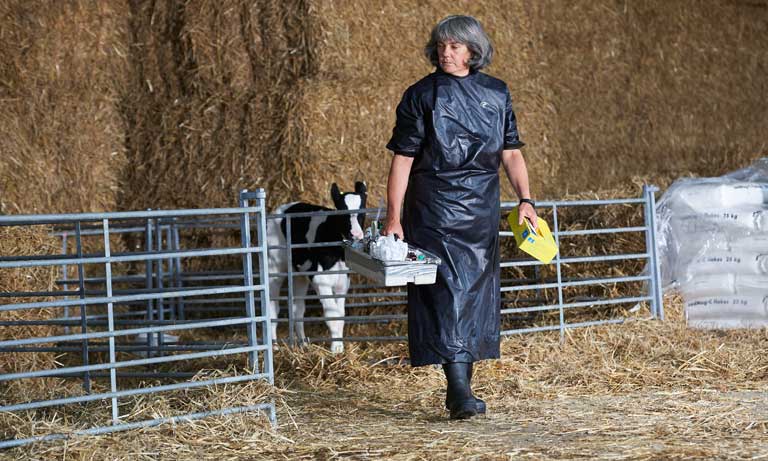
The UK’s veterinary workforce crisis is deepening as EU registrant numbers drop by over two-thirds since Brexit, the sector has warned.
Data released by the Royal College of Veterinary Surgeons (RCVS) reveal that the annual number of registrants coming to work in the UK fell by 68 per cent from 1132 in 2019 to just 364 in 2021.
The British Veterinary Association (BVA), which is the UK’s largest membership body for vets, is warning that this drop, due to the end of free movement and the pandemic, could result in wide-ranging direct and knock-on impacts across the sector.
The new figures sit uneasily against separate statistics which demonstrate how demand for veterinary certification of animal products for export to the EU has rocketed in the face of new post-Brexit requirements.
Data from the UK’s Animal and Plant Health Agency (APHA) suggest that applications for food-related export health certificates (products of animal origin and livestock) spiralled by 1255% from 2020 (22,990 in total) to the end of 2021 (288,558).
However, this is likely to be an underestimate of the extra workload for vets as the data exclude orders of equine and pet certificates, germplasm and movements to Northern Ireland, as well as cases where multiple certificates are covered in one request.
It also fails to illustrate the total cost to businesses who have to meet the costs underpinning these new requirements.
The UK’s veterinary workforce is highly reliant on EU registrants, with RCVS data from 2021 indicating that 29% of the total existing workforce graduated in the EU.
In 2019, RCVS data suggested that nearly half of new registrants (48 per cent) graduated in the EU, compared against 42% graduating in the UK (10% in third countries).
The veterinary profession and the government have been monitoring the situation and introduced measures aimed at mitigating against shortages.
These include modifying language testing requirements, introducing a new certification support officer role to work under the direction of Official Veterinarians, and opening up new vet schools and course places to boost homegrown supply.
However, BVA is warning that there is no single silver bullet solution to solve the issues, which have been exacerbated by multiple impacts of Brexit, Covid and a surge in pet ownership, coupled with longstanding recruitment and retention challenges in the profession.
James Russell, BVA senior vice president, said: “The nosedive in EU registrants since Brexit coupled with soaring demand for veterinary certification is creating a storm of shortages in the profession.
"It’s absolutely critical that vets get as much support as possible to keep on top of workloads and navigate continued challenges ahead.
“We know that the government is alive to the situation, and measures such as more vet school places and better digitisation of the certification process will help to relieve some pressures in the long term.
"Vets are working incredibly hard but it’s an uphill struggle to comfortably cover all the work currently required. The potential consequences are worrying.
"If we can’t find long-term solutions to veterinary workforce shortages we will see impacts on animal welfare, public health, and international trade.”
